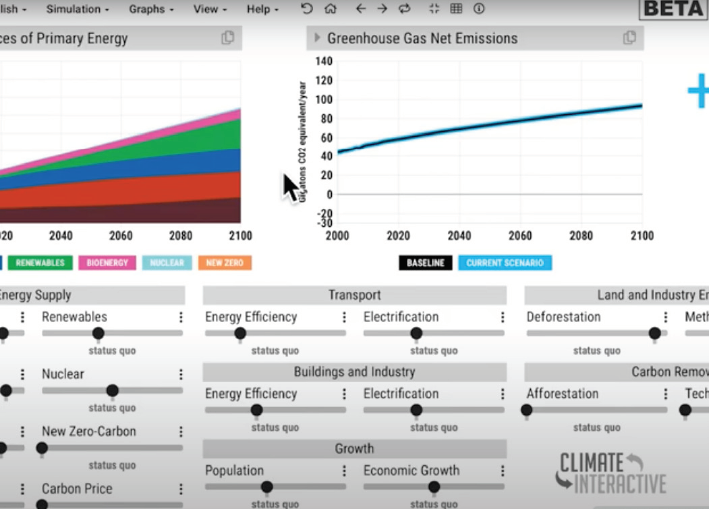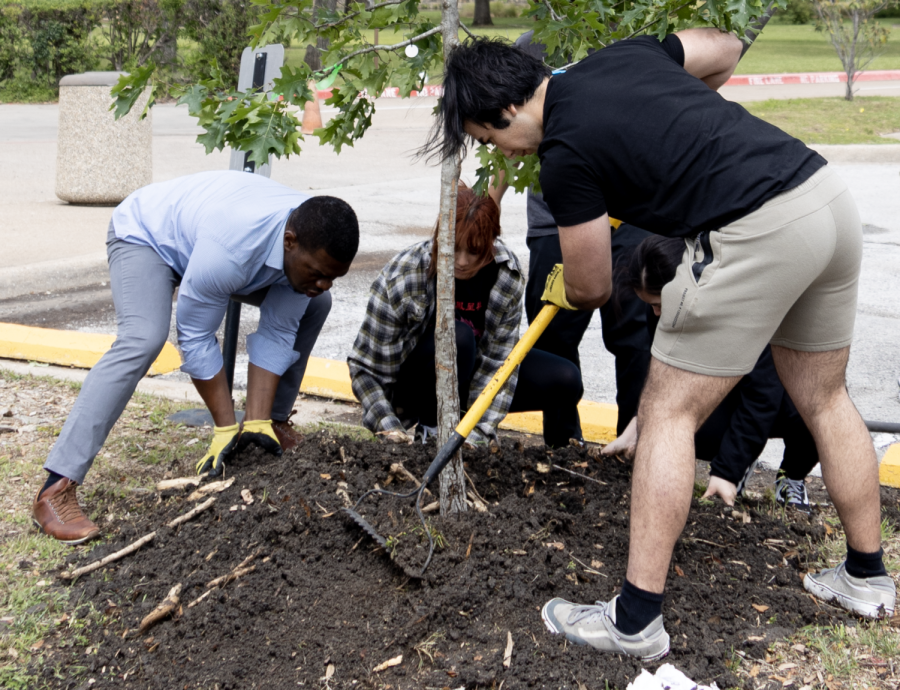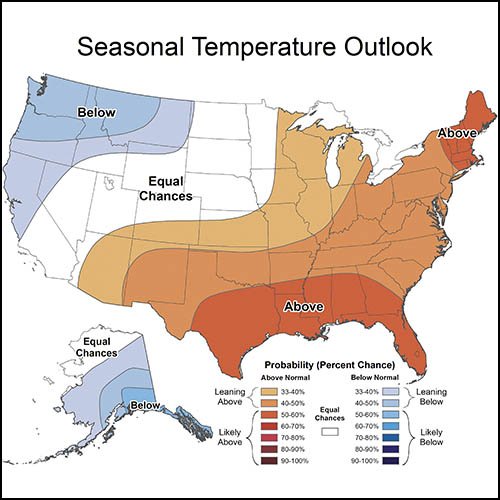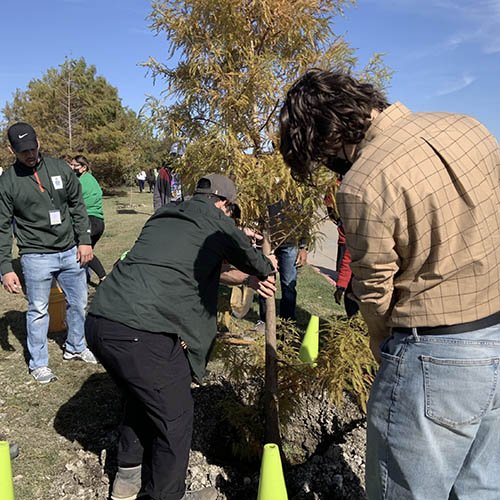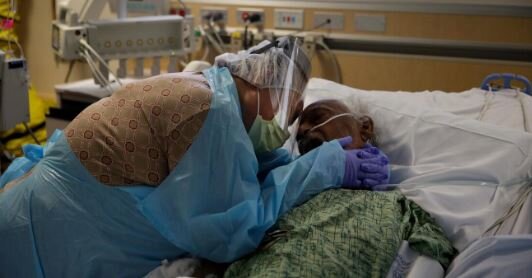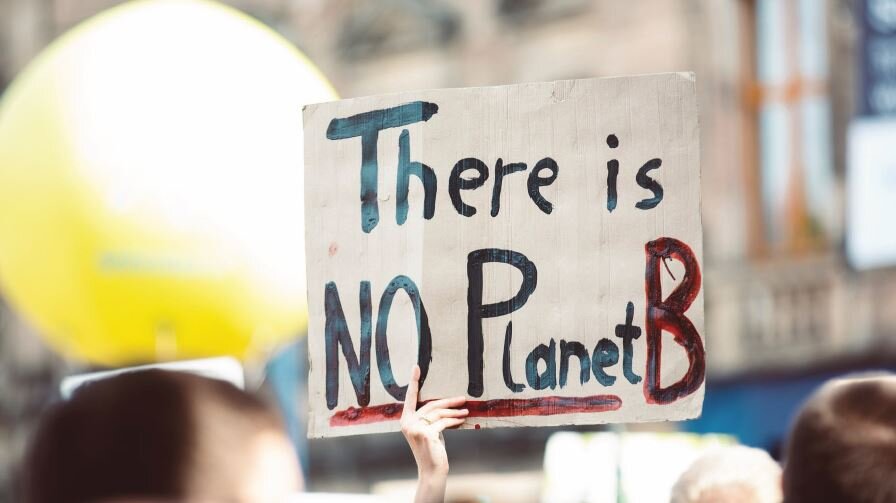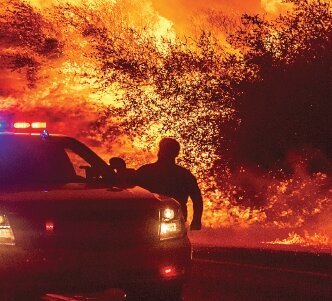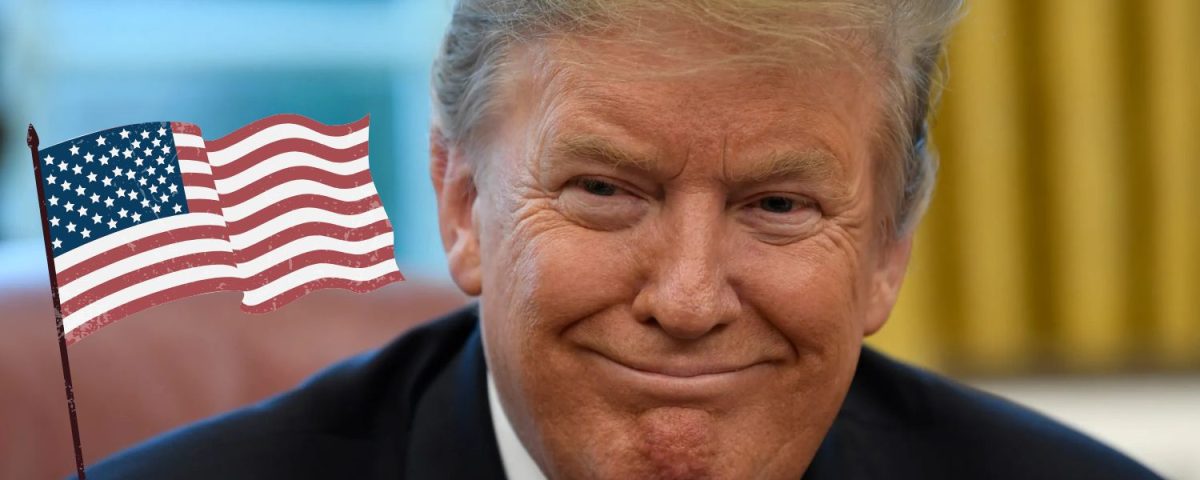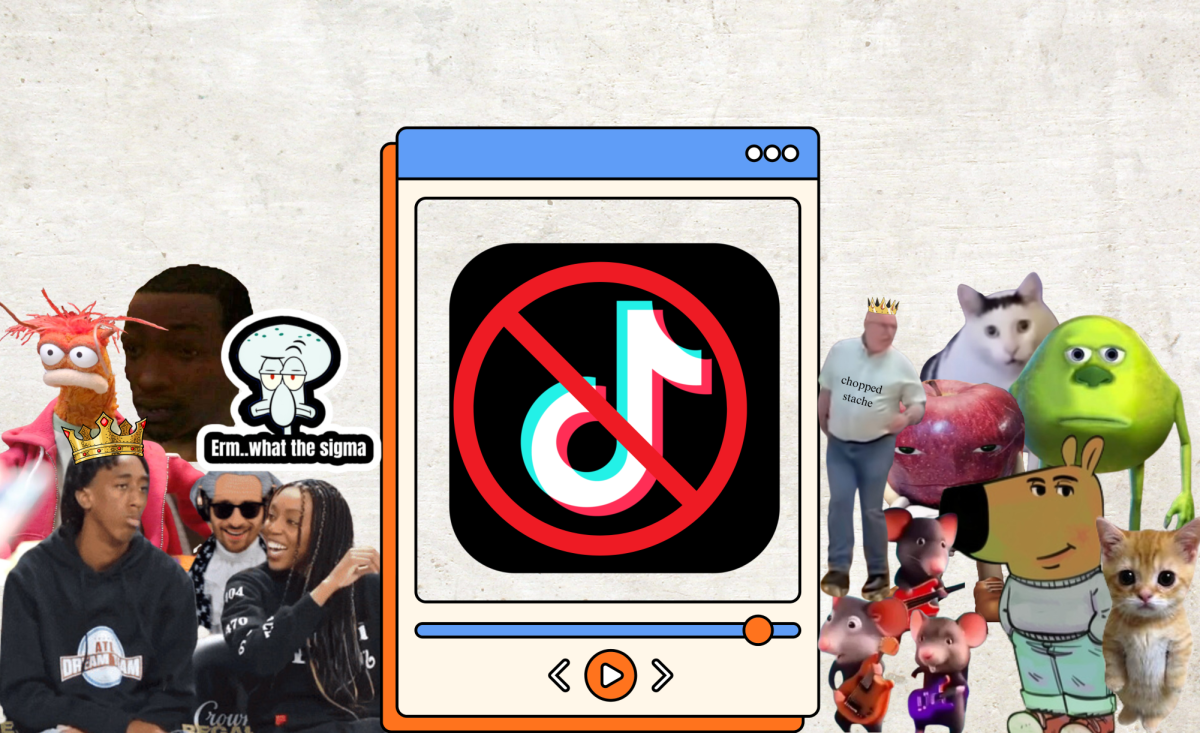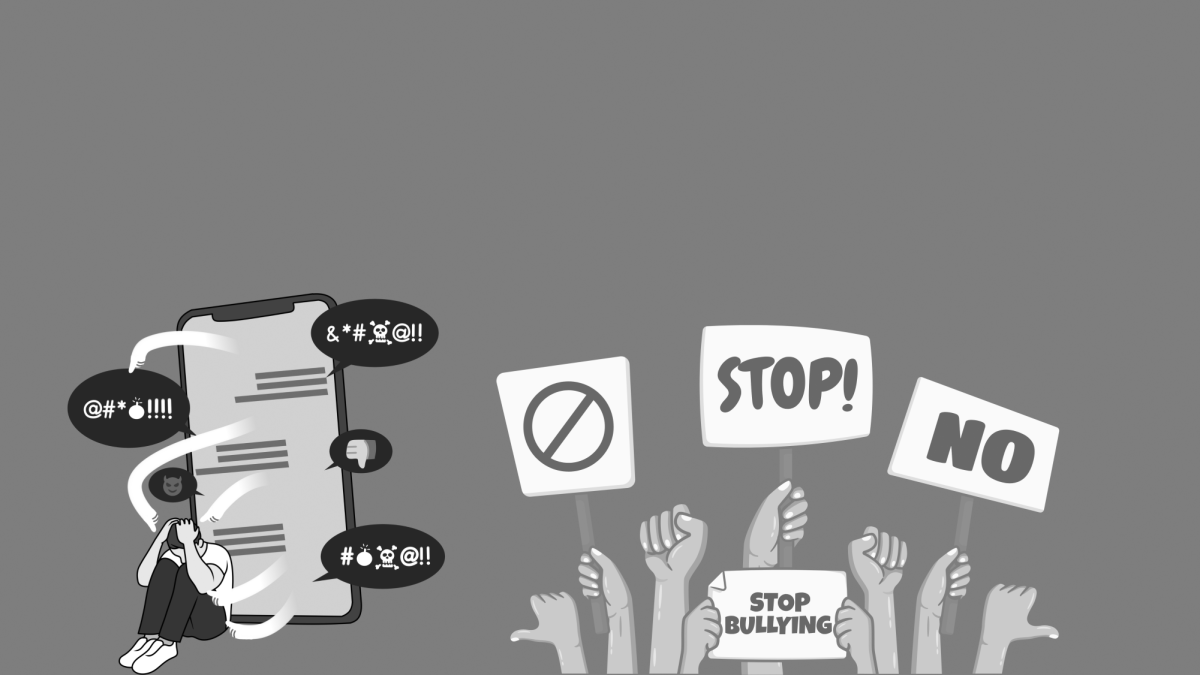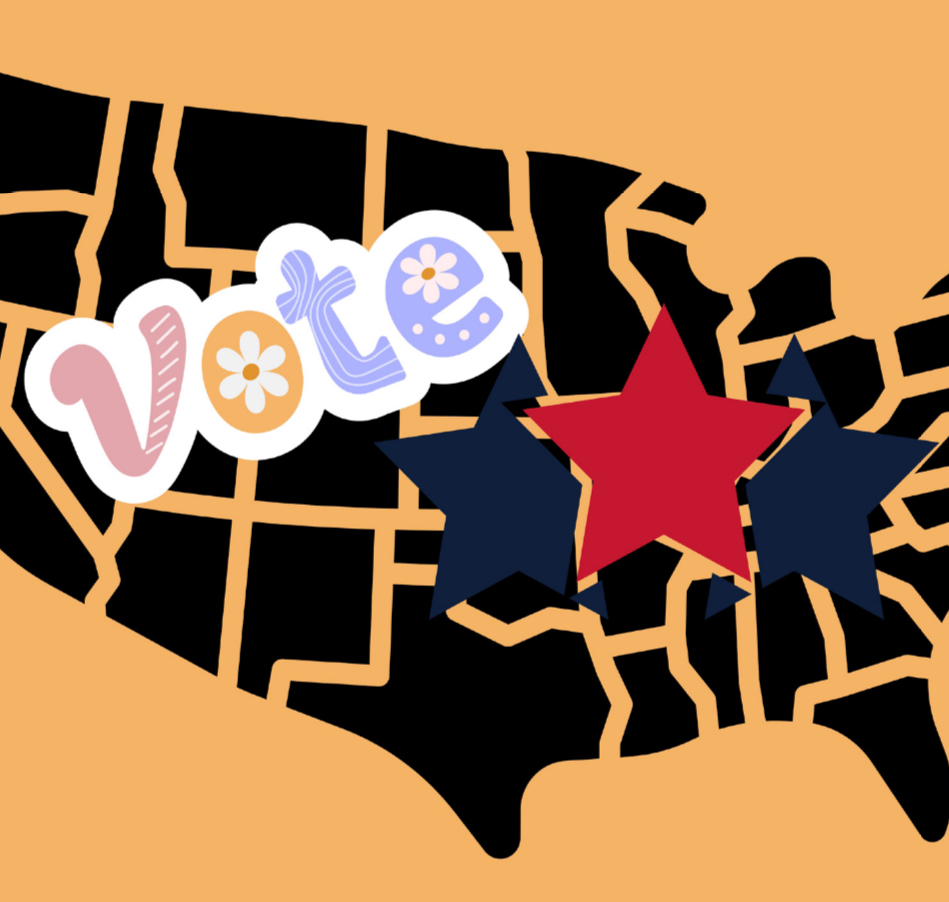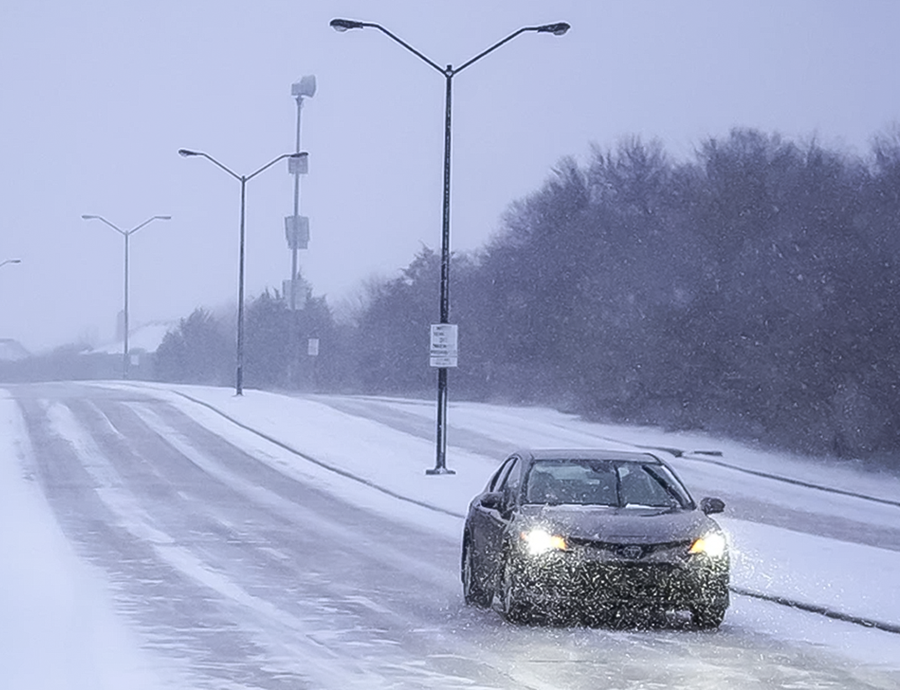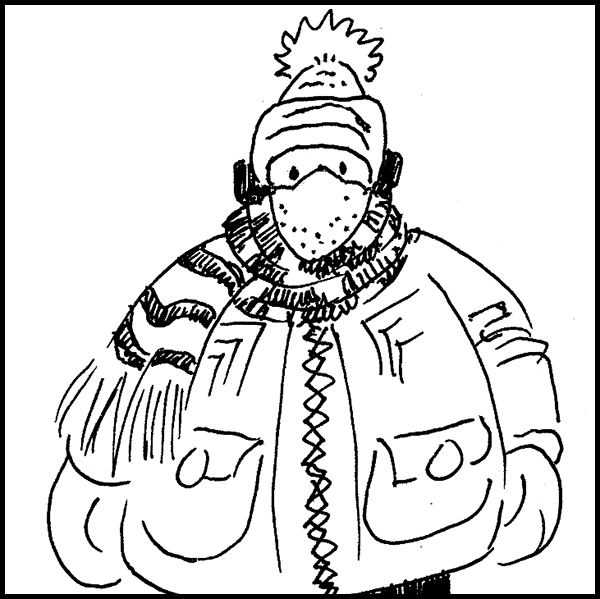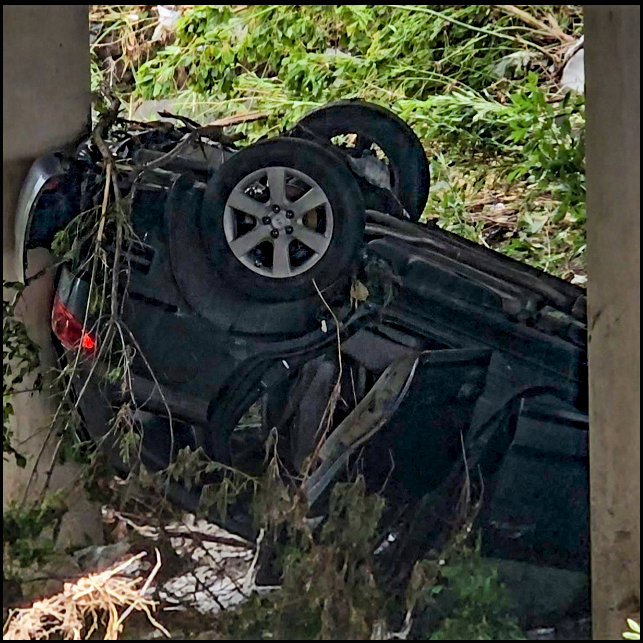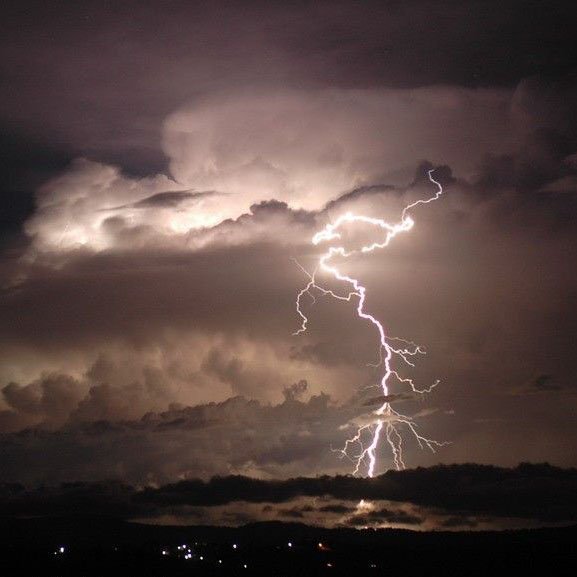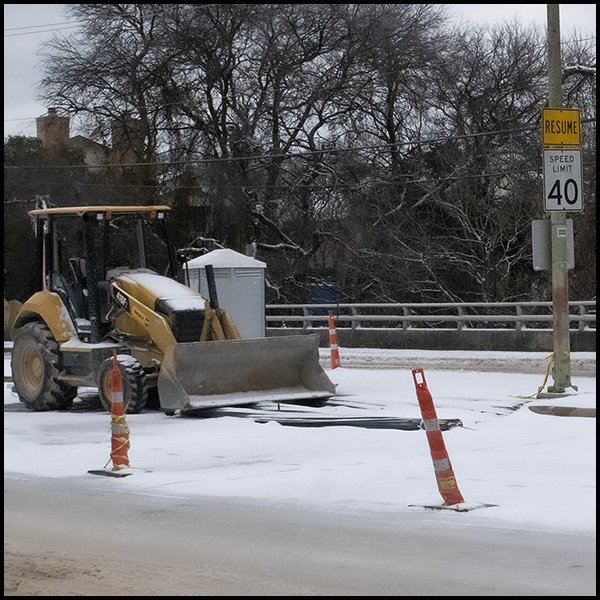“It’s at a point where we need to do big things now. Things are starting to fall apart as we wait for things to accelerate. It’s better to spend more money now,” said Dallas College Sustainability Education Coordinator Lori Delacruz Lewis in regard to global sustainability efforts.
Delacruz Lewis hosted the virtual seminar “Climate Simulation and Careers” on April 7 and explored the major contributors to rising global temperature and emerging green professions using the interactive En-ROADS Simulator. According to Delacruz Lewis, this is the same simulation platform used to form the Paris Agreement, an international treaty used to address climate change.
One hundred and ninety-six nations are working to limit global warming to 1.5 degrees Celsius as one of the goals of the Paris Agreement. Seminar attendees looked at Delacruz Lewis’ shared screen and called out different features to adjust, such as taxing fossil fuels, increasing energy efficiency and reducing deforestation, and viewed the results.
En-ROADS Simulator demoed at event has also been used at the Paris Accord.
“This is going to have to happen at a much higher level, an industry level, where investors are going to have to say ‘you have to change your way. We’re going to have to change our ways.’ They’re going to have to take a hit on their dividends to make a change and that’s going to be very, very hard to do,” she said. The simulator registered a noticeable reduction of global temperature when paired with providing subsidies or financial incentives for supplying renewable energy.
With each action taken, students could see how each feature increased or decreased global temperature.
“If we get to +2 [in temperature increase by 2100], we should celebrate,” she said.
Some changes resulted in minimal results on their own, but Delacruz Lewis emphasized that by making adjustments in all the listed categories – energy supply, transport, buildings and industry, growth, land and industry emission and carbon removal – limiting global warming to +1.5 degrees Celsius by 2100 is possible.
The same applies to constituents and corporations, according to Delacruz Lewis. Though citizens have a role to play in combating the rise in global temperature, real change occurs at a larger scale.
“It’s getting businesses to change what they do,” she said, using the plastic pollution crisis as an example. “It’s not because we’re bad at recycling. It’s because the industries keep producing more and they don’t use material that comes from recycling content in their products like they should. So this is going to have to happen at a much higher level, an industry level.”
According to Delacruz Lewis, the use of misinformation about climate change is similar to advertising jargon once used to sell cigarettes.
“The tobacco industry hired people to go out and say smoking is not dangerous.
Scientists have proven that it causes lung cancer, and they lost. Now they have the tobacco industry paying huge billions and billions of dollars in fines to states,” she said. “The same, exact people are doing the same thing for climate change. They’re going out, and they’re designed to say that ‘this isn’t true’ and it’s the same exact people that are using the same exact arguments that they used in the tobacco industry.”
Dallas College students have several opportunities to get involved in the climate conversation. She recommends taking Geographic Information System courses for those interested in pursuing a career in sustainability. She noted that every student also has access to a free GIS account and can email her at Ldelacruz@dcccd.edu for more information. A list of Dallas College Sustainable U events is available on the Dallas College website.


